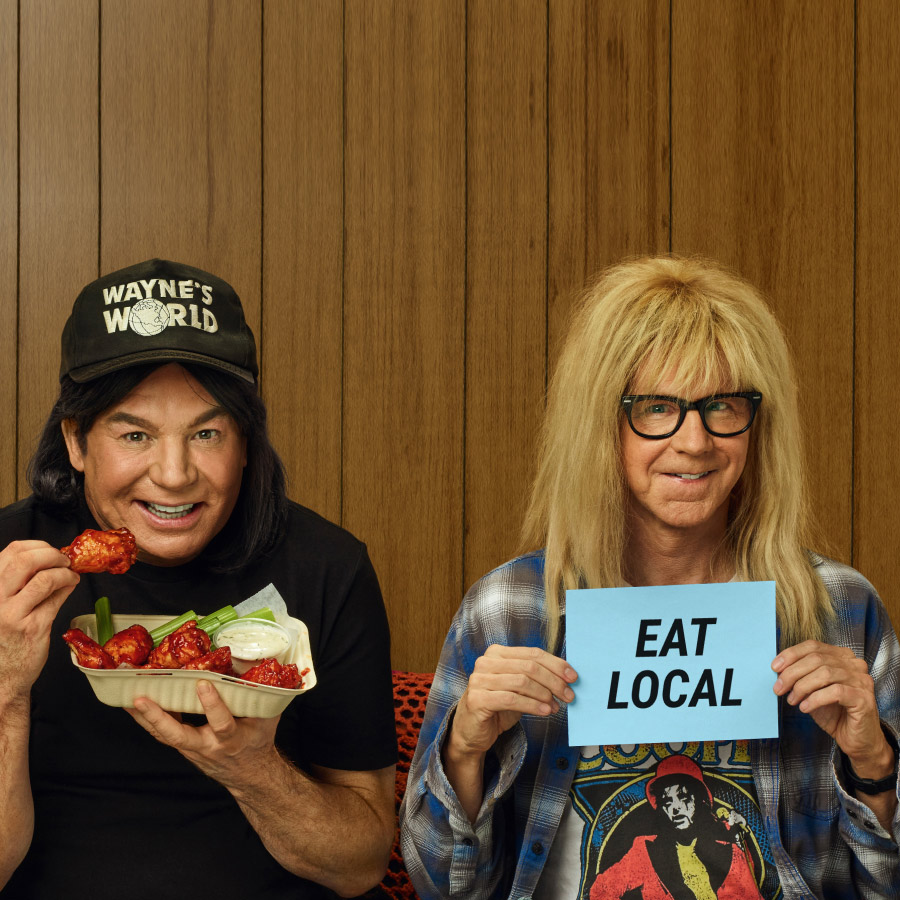Watching The Super Bowl with a different lens.
This year’s big game got our team at FiveStone talking. And, we weren’t only arguing about the fact that Tom Brady is the greatest QB in Tampa Bay since Vinny Testaverde. But, those commercials.
With COVID, political and racial divisions, and a weak economy on everyone’s minds, we thought big brands might push us to “remember the good old days.” As we watched the game, it seemed that we were right. It felt clear that brands were doubling-down on those feelings of nostalgia.
So, we took a look at each commercial and analyzed it to see if the ad tapped into those feelings of yesteryear. We then compared that to 2020. You can see the way we categorized the ads here. Surprisingly, according to our super subjective and back-of-napkin analysis, there weren’t more nostalgic moments than normal. This year’s game showed only a slight uptick of ads with nostalgia compared to last year. (We see a difference of 35% of ads using nostalgia in 2021 vs. 28% in 2020, which is not statistically significant.)
We made a few additional interesting observations:
Nostalgia is a common theme used in Super Bowl ads. You can Google it. Nostalgia is mentioned as a top tactic nearly every year in these ads.
Fewer brands leaned into celebrity endorsements in 2021 than in 2020.
More ads referenced current issues this year than normal (30% in 2021 vs. 15% in 2020).
So, all this got us wondering. If we thought the ads were more nostalgic, but they weren’t, then it may be because our lenses and context are different now. The impact of our current cultural moment has made us more receptive to and compelled by these ads. In moments of crisis our feelings, actions, and beliefs are amplified. We see and feel the world around us in a different way. New meaning emerges.
Some of these perspectives will stay with us for a while, and some will fade away. The real question is, what values are true to the human experience no matter what is going on around us? What do we hold so tight that when moments of crisis arise, we still cling to those values and amplify them?
Brands (businesses, non-profits, etc.) hold an incredible amount of power in how they construct stories and tap into emotions. Most of the time this is done to sell us something.
Brands need to resist the temptation to exploit a crisis to feed our need for normalcy with their stuff.
Instead, brands should identify these innate values to better empathize and be more sensitive to what their communities are feeling. When brands respect their communities enough not to manipulate them (particularly during times of crisis), they move from being false prophets of hope to trusted guides through the human experience.
We think a post-COVID world with more responsible brands sounds like a nice place.
The FiveStone team is now part of Whiteboard.
Since 2001, we have worked with some of the most courageous organizations on the planet. We've walked alongside these organizations by offering strategy, branding, and campaigns to bring about positive change in the world.
As we think about how we might continue to live out our mission—“amplifying positive impact”—over the years ahead, we are excited to announce that we are joining forces with Whiteboard.
Whiteboard is an award-winning creative agency and Certified B-Corp. Like FiveStone, they believe in the power of Design to make the world a better place. It is clear to us that by bringing together the power of our strategic focus with their strong digital offering, we can truly build—as Whiteboard says—”the world that ought to be.”
We are thrilled to join Whiteboard and cannot wait to bring Whiteboard’s full suite of services and offerings to all our partners.
See more about Whiteboard here or visit the archived FiveStone site here.
